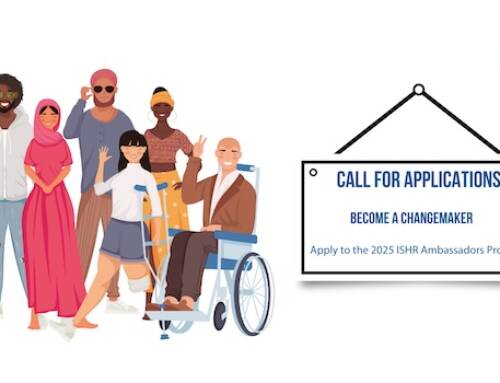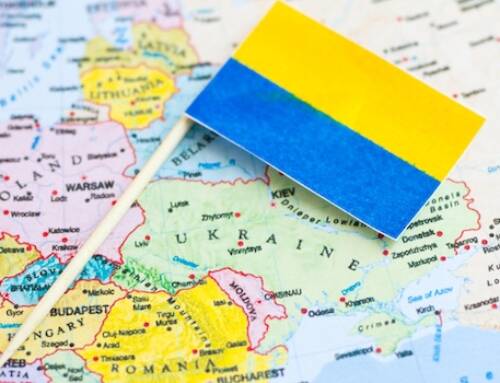Iraq

ISHR trains women in skilled trades
Ten years after the serious human rights violations committed by IS against the Yazidi minority in Iraq, well over 100,000 Yazidis are still living in the refugee camps around the city of Dohuk in the Iraqi region of Kurdistan. Most of them have decided against returning to their home regions for a number of reasons: a lack of economic prospects, ongoing insecurity due to landmines and attacks by armed state and non-state groups, a lack of accommodation due to the illegal occupation of abandoned Yazidi houses and lands, social tensions caused by the resurgence of IS and the lack of infrastructure.
For the moment, some basic services can still be provided in the camps. But the question is, how much longer this will go on. The plan was to close the camps on 31 July 2024. Although the measure has now been postponed, it is only a matter of time before the camps are forcibly dismantled. And then every hand will be needed, especially those of women, because many husbands and sons of Yazidi families were killed in the 2014 attack by the terrorist organisation Islamic State, so the burden of responsibility for the family fell to the women.

Yazidi apprentice welding © ISHR
The position of women in Iraqi society as a whole has deteriorated significantly since the fall of the Saddam regime. There is a lack of hope and prospects: they live in precarious economic conditions, with a lack of employment opportunities. Traumatic experiences of abduction and rape were reasons for the sharp increase in suicide rates among young women in particular. In the camps under the observation of international organisations, however, Yazidi women participated actively in ISHR courses. While they were expected to reduce their participation in public life, they took the chance to escape the everyday discrimination in their tent or container. This gave them independence, self-respect and dignity. The suicide rate dropped significantly.
Especially in the sewing courses, numerous participants not only perfected their own skills after completing the course, but also developed into teachers themselves, passing on their sewing knowledge to others. In addition, several graduates of these sewing courses have opened their own businesses.
A new project of the ISHR is starting right here: In order to enable them to actively participate in the reconstruction of their belongings after returning home, they are to learn a trade in the field of electrical work, locksmithing and carpentry in the camps of Kobarto, Khanke and Sharya in a six-month intensive internship with the financial support of the German Federal Ministry for Economic Cooperation and Development (BMZ). Apart from craft-related theoretical and practical knowledge, the training also includes the basics of accounting, knowledge of business planning, financial management and legal guidelines for opening an own business in Iraqi Kurdistan. Tests are carried out monthly, with an intermediate test taking place after four months. Those who pass this test are then allowed to take on practical work in the camps for training purposes. Cooperation with a local foundation operating in the area ensures that the training is carried out by specialist teachers and that there are no absences. The trainees receive a small training allowance of 75 euros per month and a small start-up allowance after successful completion. The project is accompanied by public events to reduce prejudices against women working in skilled crafts and trades and to recruit women to the skilled crafts.
The training has been going on for two months now and ISHR is proud to report that it is proving a great success. The 30 or so participants are committed, willing to learn and have already achieved initial successes. As always with such BMZ-funded projects, the ISHR has to cover a part of the overall budget from own funds and is thus seeking donations of around 10,000 EUR.





